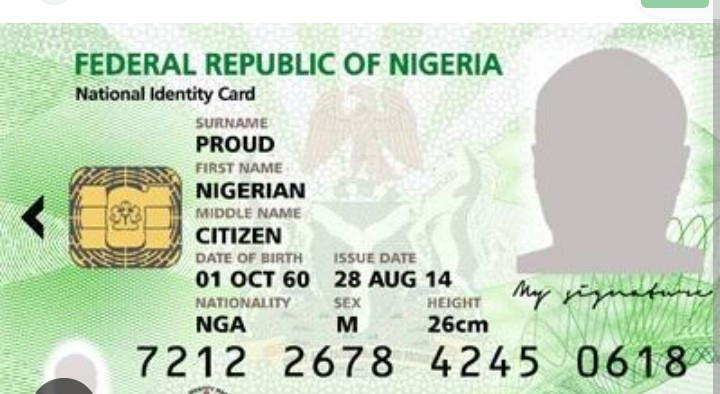A growing crisis in Nigeria’s identity management system has left countless citizens stranded and frustrated as they struggle to modify their National Identity Number (NIN) details, with banks and the National Identity Management Commission (NIMC) engaging in a blame game that has exacerbated the situation. The crisis has particularly affected married women attempting to update their maiden names and citizens seeking to correct personal information, leading to frozen bank accounts and numerous transaction difficulties.
The widespread problems have emerged from what appears to be a significant technical disconnect between NIMC’s verification system and banking platforms. While NIMC insists its verification and authentication system is functioning optimally, banks maintain they are handicapped by outdated access to NIMC’s portal, creating a deadlock that has left citizens bearing the brunt of the institutional impasse.
At the heart of the crisis lies a complex web of technical challenges and bureaucratic hurdles. According to NIMC staff at the Uvwie Local Government Secretariat, banks are still operating with an outdated version of NIMC’s portal, unlike other government agencies such as the Nigerian Immigration Service, which has successfully updated its systems. This technological gap has resulted in banks being unable to recognize modifications made through NIMC’s self-service portal, effectively trapping customers in a frustrating cycle of failed verification attempts.
The situation has created significant financial hardships for many Nigerians. In Lagos, numerous bank customers have reported their funds being effectively frozen due to discrepancies between their modified NIN details and bank records. Mrs. Amaka, a bank customer in Lagos, shared her ongoing struggle since September, noting that despite completing the modification process, her updated information remains unrecognized by her bank, leaving her unable to access her funds fully.
The financial impact of this crisis extends beyond mere inconvenience. Many affected citizens report having to pay additional fees to various intermediaries in their desperate attempts to resolve these issues. Mrs. Bimbo Adams, another affected customer, revealed spending up to N10,000 in her yet unsuccessful attempt to correct her name configuration in the system. Similarly, Mrs. Fadekemi Shodipe was compelled to pay N3,000 to a bank staff member for assistance with the process, highlighting the unofficial costs citizens are bearing due to the system’s inefficiencies.
NIMC’s Director of Corporate Affairs, Kayode Adegoke, maintains that the Commission’s verification and authentication system is working perfectly, stating they are ready to resolve any escalated issues immediately. However, this assertion contrasts sharply with the experiences reported by numerous citizens and bank officials who continue to encounter persistent verification failures.
The crisis has revealed deeper systemic issues within Nigeria’s digital identity management infrastructure. Business centers around the Uvwie Council secretariat, which offer NIN services, report frequent confrontations with frustrated customers who find themselves caught between NIMC’s modification process and banks’ inability to recognize these changes. The situation is further complicated by the presence of both old and new profiles in the system, creating confusion and delays in verification processes.
Banking sector employees, speaking on condition of anonymity, have expressed their own frustrations with the situation. A GTB staff member emphasized that banks are limited by the portal provided by NIMC, indicating that the solution lies in NIMC updating the application interface provided to financial institutions. Similar sentiments were echoed at Ecobank, where staff members described the situation as symptomatic of broader systemic inefficiencies in the country.
The crisis has led to calls for immediate government intervention to resolve the technical disconnect between NIMC and financial institutions. Citizens are urging the federal government to convene a meeting between NIMC and banks to upgrade the NIN modification system, ensuring real-time reflection of changes across all platforms.
As the situation continues to affect more Nigerians, particularly married women seeking to update their marital status, the need for a coordinated response becomes increasingly urgent. The current crisis not only highlights the challenges in Nigeria’s digital identity management system but also underscores the critical importance of maintaining synchronized databases across government agencies and financial institutions.
The ongoing situation serves as a crucial reminder of the need for better integration and coordination between Nigeria’s various identity management systems and financial institutions. Until these technical and administrative issues are resolved, citizens will likely continue to face significant challenges in managing their identity information and accessing their financial resources, potentially impacting the broader goal of financial inclusion in Nigeria.



